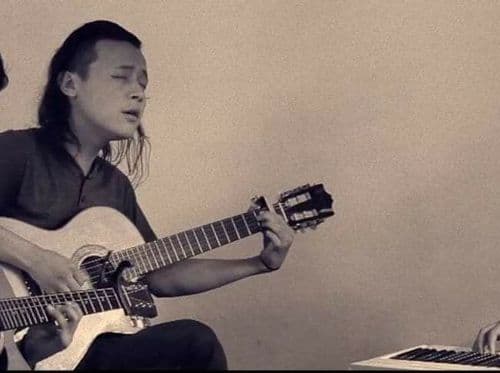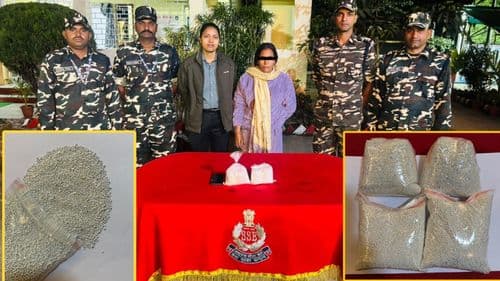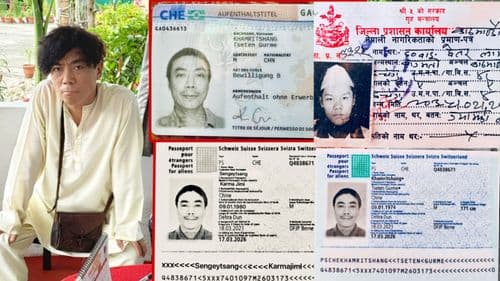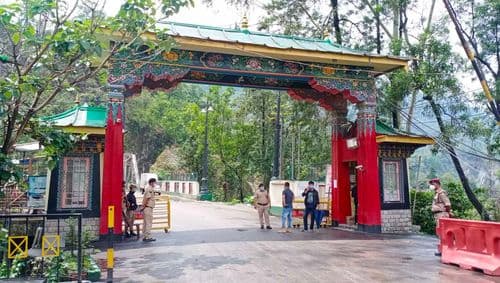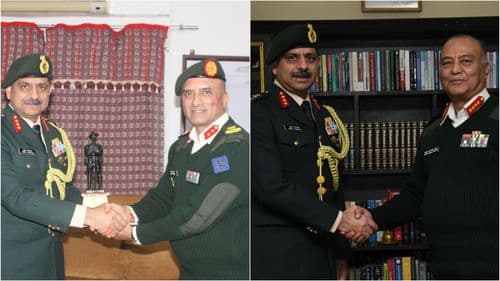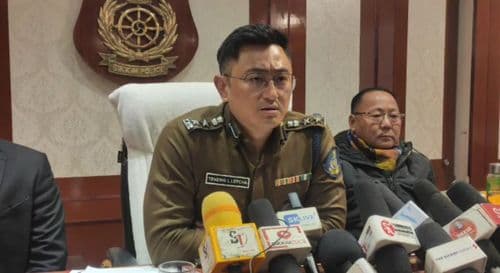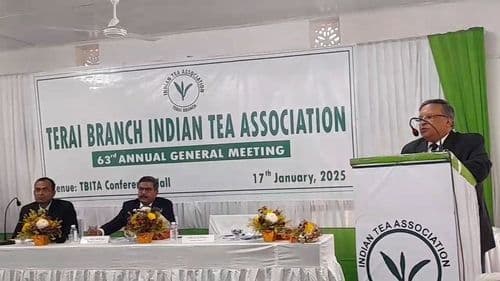“समयले त छोडिदिए, सपनालाई तोडिदिए; सोचेको जस्तै यहाँ हुँदैन”- “Time has given up, crushed dreams; It is never as one expects it to be”, the lyrics from Tribal Rain’s Sunyata. These lyrics portray what can only be considered as a despondent truth in the hearts of the fans and well-wishers of Rahul Rai. Late Rahul Rai, a name that personifies ‘genius’ to people who followed his work and relished in his music, was arguably the best musician that the state of Sikkim has ever produced, an ephemeral prodigy who left too soon.
Born as the first son to Padma Rai and Nayan Kumar Rai on 14th October 1989, the Sikkimese gem ended his life on the 14th of February 2018. Rahul was born in Kolkata as a stock ordinary kid. He started his schooling at Mount Carmel School, Namchi, where he studied from nursery till the 4th standard. Successively, he moved to his maternal uncle in Bangalore for further studies, and it is said that it was there where he developed his endearment with music, which in time turned into passion unparalleled. The inheritance of his musical prowess came from his grandfather who played the violin, and gave lessons at Singithang, Namchi. The rest as they say, is history, one that will be engraved in one of the cornerstones of Sikkimese music for eons to come.
A documentary on the Life of Rahul Rai which is set to premiere on April 14 at 8:00 PM on “Rahul Rai” YouTube channel.
The film conceptualized by Vishwa and realized after toiling for 4 years since its conception in 2018. Hailing from Darjeeling, a professional musician, teacher in Gangtok, started this project in 2018 without much to go about. Vishwa is also a music teacher, and one of the founders of the music school Great Stave, branches of which are still functional at PNG and Saint Thomas schools. With the help of his student Sailesh Sharma Vishwa laboured for 4 years, interviewing, researching, filming, and setting up inventory for the documentary that revolves around Rahul Rai’s life and his music.
“Another thing we wanted to emphasize on was the language that he chose, Nepali, which is often taken for granted by our own. It was the language that Rahul chose and united the Nepali speaking community all over the world through his music. His music was something which felt relatable, and his lyrics portrayed something that was mundane and related to our day-to-day life. We wanted to highlight these things more than the negative.” He adds.

